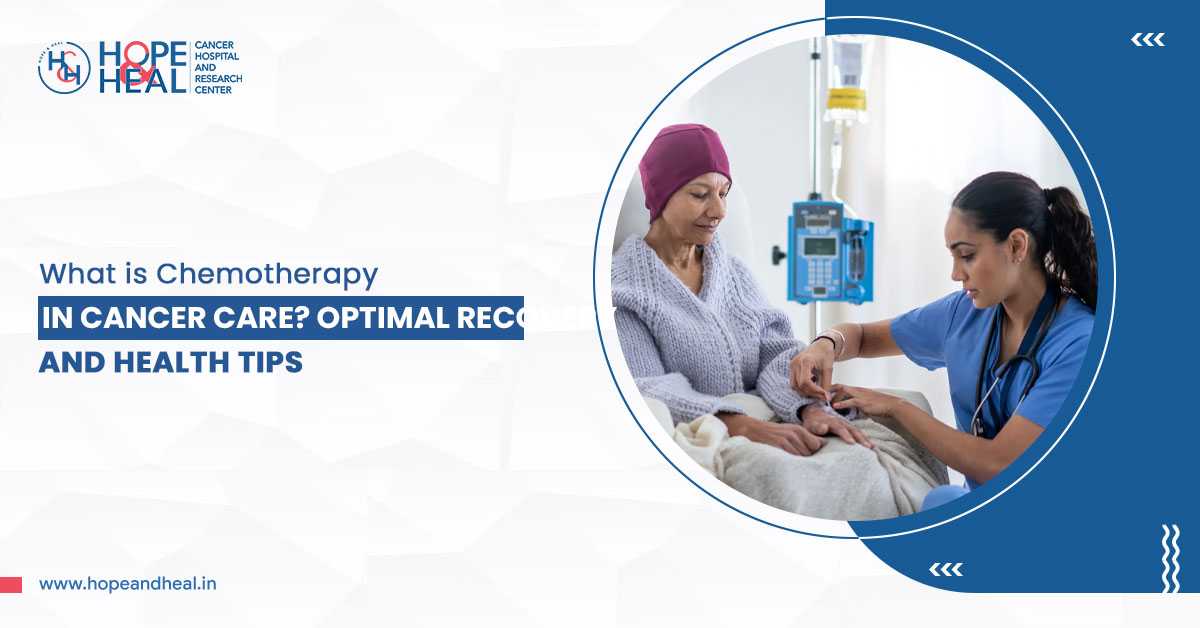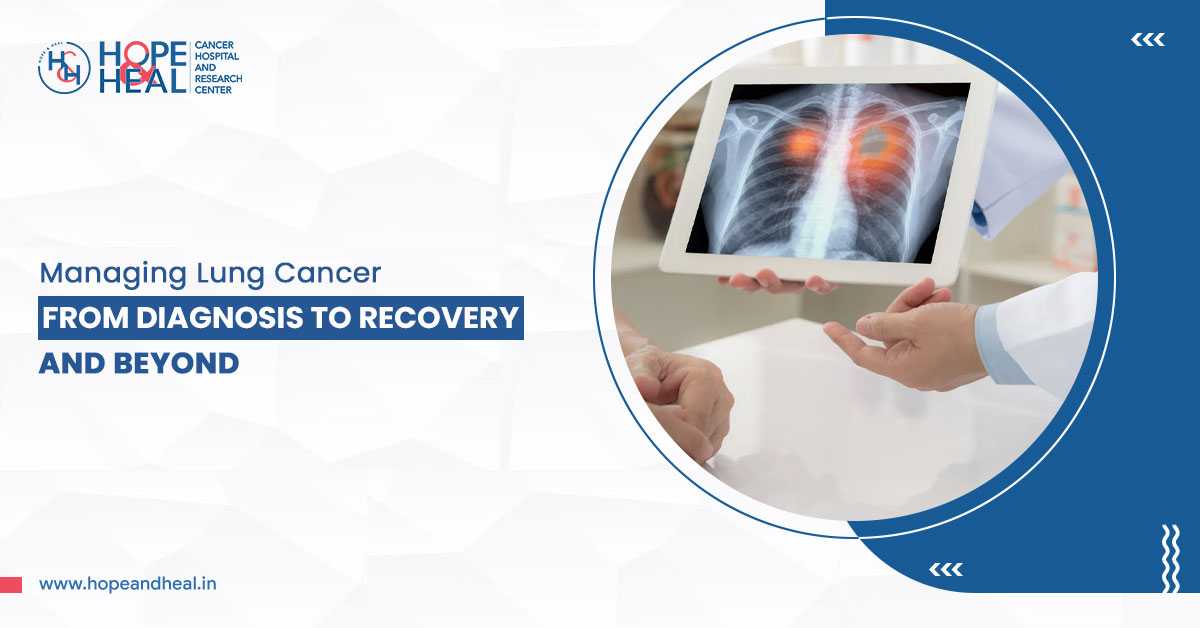The pancreas is a gland located behind the abdomen that helps in digestion. Pancreatic cancer begins in the cells of the pancreas; however, noncancerous tumours also grow there. Clinical examination is required, therefore. Pancreatic adenocarcinoma is the most common of this cancer type, which develops in the ducts of the pancreas.
Typically, in the early stage, pancreatic cancer doesn’t show signs. Symptoms develop when it starts to affect other organs of the body. Treatment options for this medical condition are surgery, chemotherapy, radiation therapy, etc. For pancreatic cancer treatment in Siliguri, see the leading oncologist in town.
Signs & Symptoms of Pancreatic Cancer
Its symptoms include:
- Dark-coloured urine
- Abdominal pain
- Middle back pain
- Itchy skin
- Loss of appetite
- Losing weight without trying
- Light-coloured stools
- Jaundice
- Recently have been diagnosed with diabetes
- Upper abdominal pain
- Gas
- Vomiting
- Nausea
- Bloating
- Blood clots
See your doctor and receive a proper diagnosis if you notice such signs. The definitive cause of pancreatic cancer is still unknown. Smoking, uncontrolled diabetes, a family history of pancreatic cancer, chronic pancreas inflammation, obesity, or a family history of genetic syndromes can put you at risk of pancreatic cancer. Get optimum cancer care at the best cancer hospital in Siliguri.
Complications and Prevention of Pancreatic Cancer
A number of complications resulting from pancreatic cancer include:
- Jaundice. The cancerous tumour blocks the bile duct, leading to jaundice. Yellowing of eyes and skin, itchy skin, greasy and pale stools, and dark urine are some signs of jaundice and jaundice and signs occur without pain.
- Weight loss. Unintentional weight loss often occurs with pancreatic cancer due to loss of appetite, cancer treatment, problems with enzyme processing, nausea, vomiting, etc.
- Difficulty with food absorption. When the part of the pancreas is removed in order to stop cancer and further growth, it leads to trouble with food absorption. The specialist may prescribe meds in this regard.
- Bowel obstruction. Cancerous tumor presses the duodenum (the first part of the small intestine) and tends to restrict the passing of digested food from the abdomen to the intestines.
- Pain. The cancerous tumor can grow into the abdominal nerves and press them, resulting in pain. That pain can range from moderate to severe. Doctors may prescribe medication to relieve pain. Get optimum cancer treatment in Siliguri for pancreatic cancer.
If you follow a few things, you can reduce the risk of developing pancreatic cancer. And these include eating whole grains, fruits, and vegetables, quitting smoking, and maintaining healthy body weight. Contact your doctor if it’s difficult for you to stop smoking. For optimal weight control, have a healthy diet, and practice moderate exercise. Look after your sleep and manage your stress.






